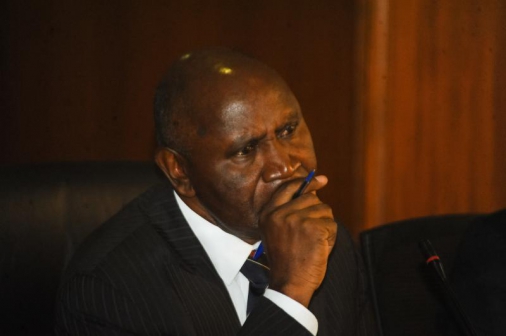×
The Standard e-Paper
Join Thousands Daily

Auditor General Edward Ouko has reignited debate on expenditure of the Sh250 billion Eurobond proceeds, faulting the National Treasury for failing to disclose the specific development projects that were financed with the funds.
In his special audit report tabled in the National Assembly by Majority Leader Aden Duale, Mr Ouko said while his office confirmed that the Eurobond proceeds were received in the country’s National Exchequer Account, how the money was utilised could not be established.